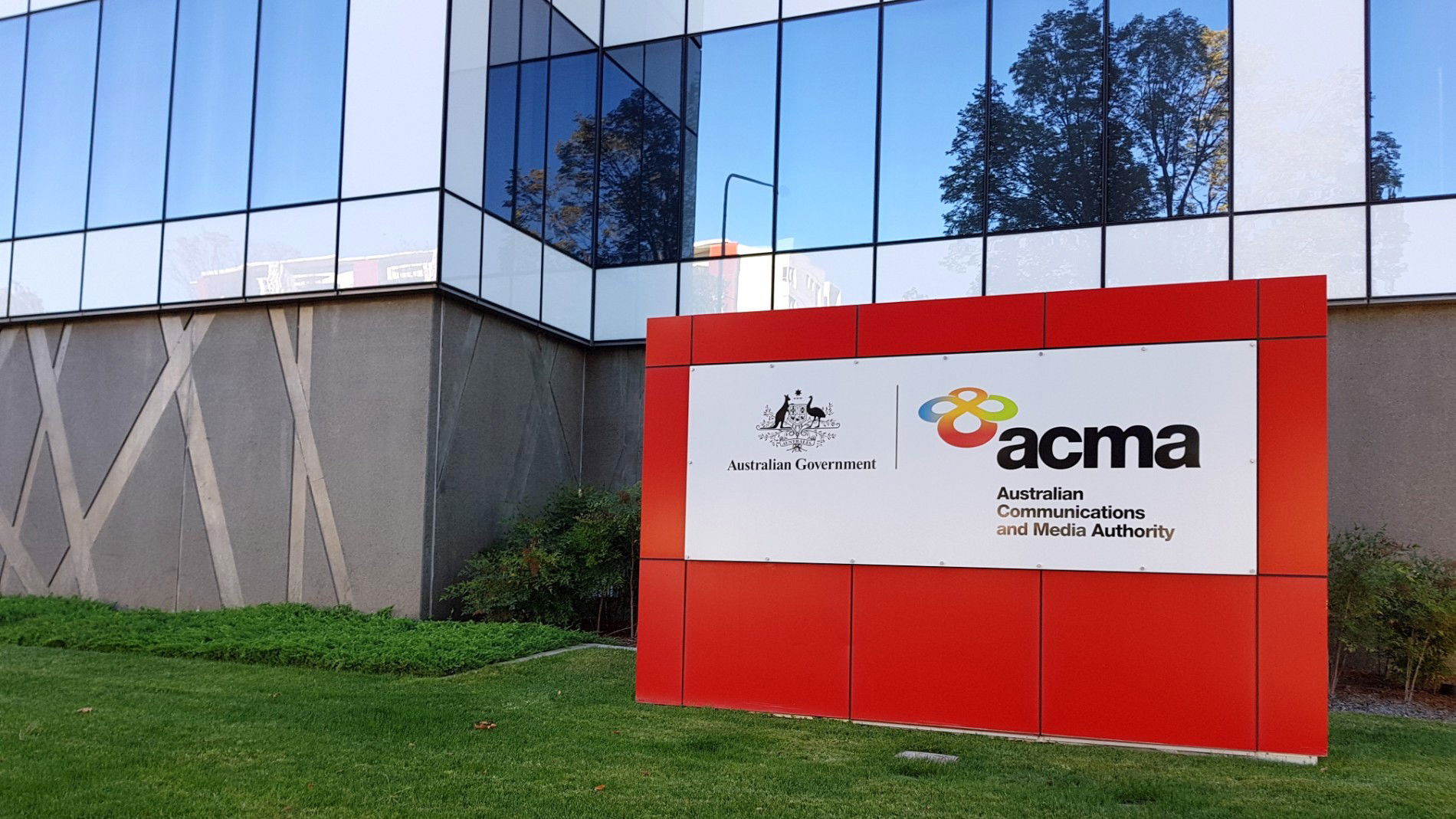ACMA requests Australian ISPs to block seven more illegal offshore gaming websites

The Australian Communications and Media Authority (ACMA) has requested that Australian internet service providers (ISPs) block seven more illegal online gambling websites after investigations found these services to be operating in breach of the Interactive Gambling Act 2001.
The latest sites blocked include MyEmpire, Pokienations, RollXO, Betsquare, Freeslotshub, PayID-Gambler.com, and FreeBitco.in. Earlier in October, the authority requested ISPs to block two other illegal offshore websites: Lucky Block and Rooli.
The authority notes that website blocking is one of a range of enforcement options at its disposal to protect Australians against illegal online gambling. Since the ACMA made its first blocking request in November 2019, 1,086 illegal gambling and affiliate websites have been blocked.
Over 220 illegal services have also pulled out of the Australian market since the ACMA started enforcing new illegal offshore gambling rules in 2017.
The ACMA is reminding consumers that even if a service looks legitimate, it is unlikely to have important customer protections. Users can check if a wagering service is licensed to operate in Australia on ACMA’s register.
More information about online gambling is available on the ACMA’s website, including information on how users can protect themselves from illegal gambling operators and instructions on how to make a complaint about an illegal site.
ACMA in August informed that more than 28,000 Australians have registered to self-exclude from all licensed online and phone wagering services through BetStop, the National Self-Exclusion Register, since its launch in August 2023. The initiative aims to help individuals manage their gambling habits and reduce the associated harms.
The BetStop register offers a range of self-exclusion options, allowing individuals to opt out of gambling services for as little as three months or as long as a lifetime. The ACMA reported that nearly 50% of those who registered were aged 30 and under, with around 80% under the age of 40. Furthermore, approximately 40% of registrants chose to self-exclude permanently, indicating a strong commitment to long-term change.
















































